Arizona stands out as one of the most car-friendly states in the country, with vast open roads and a culture of road trips. Yet, as the temperatures soar and the night sky blankets the desert, many travelers—whether road trippers, gig workers, or those experiencing housing insecurity—wonder: is it legal to sleep in your car in Arizona?
This comprehensive guide dives into Arizona’s laws, regional city ordinances, and practical tips for safe, legal overnight stays in your vehicle. Whether you’re passing through Phoenix, Tucson, Flagstaff, or Yuma, you’ll find actionable advice, city-specific rules, and a detailed breakdown of what’s allowed—and what could get you into trouble.
The Statewide Picture: No Ban, But Local Rules Matter
Arizona does not have a statewide law making it illegal to sleep in your car. This sets it apart from some states and cities with outright bans, especially those with large homeless populations or strict public camping rules. However, the key to staying out of legal trouble lies in where you choose to park and for how long you stay.
State highway rest areas are popular choices for tired travelers. Arizona allows sleeping in your car at most rest stops for up to 8 hours, though you should check for posted signage about maximum stay limits. Beyond rest areas, federal and state lands managed by the Bureau of Land Management (BLM) and U.S. Forest Service often permit dispersed camping, which includes sleeping in your vehicle. These lands are especially abundant in northern and rural Arizona, and many allow stays of up to 14 days for free or a small fee.
Big-box store lots, such as Walmart and some truck stops, also tolerate overnight parking, but policies can vary by location. Always ask a manager for permission—overnight parking is a privilege, not a right, on private property.
City-Specific Ordinances: Phoenix, Tucson, Flagstaff, and More
Phoenix, Tucson, Flagstaff, and Scottsdale each have unique ordinances that impact where and how you can sleep in your vehicle. Ignorance of these laws is no defense, so let’s break down what you need to know in major Arizona cities.
Phoenix: The state’s largest city enforces a combination of parking restrictions, anti-camping (“urban camping”) laws, and loitering ordinances. While there is no explicit ban on sleeping in your car, you can be cited if you violate parking or public camping rules—especially in high-traffic zones, business districts, or near schools. Areas like downtown Phoenix and Old Town Scottsdale are particularly strict. Some parking lots and garages downtown are patrolled, and overnight stays may attract police attention. If you must sleep in Phoenix, look for the few 24-hour diners or truck stops that permit overnight parking, or consider one of the city’s designated safe parking spots for gig workers and service industry employees, which are sponsored by the Arizona Department of Housing.
Tucson: Arizona’s second-largest city is more lenient than Phoenix, but still regulates overnight parking on public streets and in certain lots. Tucson’s police tend to focus on neighborhoods and business districts, so sleeping in your car in a quiet residential area is generally less risky than in a busy commercial zone. Like Phoenix, rest stops and big-box store lots remain the safest options. Tucson’s cooler temperatures in winter make it a slightly more comfortable choice for car camping.
Flagstaff: As the gateway to the Grand Canyon, Flagstaff sees a steady stream of road trippers. The city is accommodating to travelers, but still enforces parking limits and camping rules. Dispersed camping in the Coconino National Forest, just outside city limits, is a popular alternative to urban parking. Flagstaff’s police are generally understanding towards travelers who pull over for a quick nap, but lingering overnight in residential or downtown areas may lead to a knock on your window.
Yuma and Prescott: These smaller cities follow a similar pattern—no explicit ban, but be mindful of local parking restrictions. Yuma’s proximity to the California border means it’s a common stop for cross-country travelers, and its Walmart is typically open to overnight guests. Prescott, nestled in the Bradshaw Mountains, has more dispersed camping options in the surrounding Prescott National Forest.
Special Circumstances: DUI, Private Property, and Autonomous Vehicles
One of the most legally perilous situations in Arizona occurs when alcohol is involved. Arizona’s DUI laws are among the strictest in the nation. You can be arrested for DUI even if your car is parked and you’re asleep, as long as you’re in “actual physical control.” This legal concept is broad—if your keys are in the ignition, you’re in the driver’s seat, or the engine is running, you could be charged with a DUI, even if you’re not actively driving. This is true whether you’re on a public street, a business lot, or even in a private driveway.
Example: If you drink in Old Town Scottsdale and decide to sleep it off in your car with the keys in the ignition, you risk a DUI arrest. If you park legally and sleep in the backseat with the keys in the trunk, your risk is lower, but not zero—police can still interpret the circumstances to infer intent to drive.
Private property is only safe if you have explicit permission. Sleeping in your car in a hotel or apartment lot without consent can lead to trespassing charges, especially if the property owner calls the police. Businesses with “No Overnight Parking” signs mean it—violators can be towed, often with little warning.
Autonomous vehicles add a new wrinkle. While Arizona is a leader in self-driving car testing, state law still requires a licensed driver to be present and attentive. Sleeping in a self-driving car—even a Tesla in “Full Self-Driving” mode—is technically illegal in Arizona, as the law expects human oversight at all times.
Safety, Comfort, and Practical Tips
Sleeping in your car can be dangerous if not done carefully. Arizona’s desert climate means temperatures can swing from scorching to freezing within hours, especially outside of Phoenix, Tucson, and Yuma. In the summer, a car can become dangerously hot overnight. In the winter, Flagstaff and Prescott can dip below freezing. Always crack a window for ventilation, park in the shade, and consider reflective sunshades or battery-powered fans for hot months.
Security is another concern. Rest stops and busy truck stops are generally safer than isolated streets or remote lots. Keep valuables out of sight, lock your doors, and be aware of your surroundings. If you plan to sleep in your car often, investing in a steering wheel lock or portable security alarm can provide peace of mind.
Respect the community you’re in. Don’t leave trash behind, use public restrooms responsibly, and avoid playing loud music or running your engine for long periods. Being courteous reduces the chances of complaints and police interactions.
Where to Legally Sleep in Your Car in Arizona
-
Highway rest areas: State law permits up to 8 hours of rest.
-
BLM and national forest land: Dispersed camping is allowed, often for two weeks at a time.
-
Walmart and some truck stops: Most locations allow overnight parking; always ask permission.
-
Designated safe parking programs: Phoenix and Tucson have pilot programs for workers and those in need.
-
Campgrounds and RV parks: Paid sites offer amenities and legal overnight stays.
Avoid sleeping in your car in the following locations:
-
No Parking zones (posted signs mean you can be cited or towed)
-
Residential streets where overnight parking is prohibited
-
Business lots with “No Overnight Parking” signs
-
Downtowns and tourist districts (high enforcement in Phoenix, Scottsdale, Tempe)
-
Anywhere you don’t have explicit permission
Myths and Misconceptions About Sleeping in Your Car
Myth: It’s always illegal to sleep in your car in Arizona.
Fact: No statewide law bans it, but local rules and private property rights apply.
Myth: You can’t get a DUI if you’re asleep in your car.
Fact: Arizona’s “actual physical control” doctrine means you can be arrested for DUI even if parked and asleep, depending on circumstances.
Myth: If the car is off and you’re in the backseat, you’re always safe from police.
Fact: While this reduces risk, police can still interpret the situation. Best practice: don’t drink and drive—ever.
Alternatives to Sleeping in Your Car
If sleeping in your car feels too risky, Arizona offers alternatives:
-
Hostels and budget motels: Especially in Flagstaff and along Interstate 10 and 40.
-
Couchsurfing and hospitality networks: Popular in university towns like Tucson and Tempe.
-
Campgrounds: State and private parks are plentiful and affordable.
-
Shelters: Phoenix, Tucson, and Flagstaff have shelters for those in crisis.
Final Thoughts: Know the Rules, Stay Safe, and Enjoy the Journey
Arizona is a state built for the open road, but the freedom to pull over and rest comes with responsibility. There is no outright ban on sleeping in your car, but local parking laws, DUI statutes, and private property rights all play a role. Whether you’re a road-tripper, a gig worker, or someone between homes, knowing the rules in Phoenix, Tucson, Flagstaff, and beyond will help you stay safe and legal.
Plan ahead, choose your parking spot wisely, and respect the communities you visit. And remember: if you’re exhausted, pulling over to rest—legally and safely—is always the right decision.
The open road in Arizona is calling. Drive well, rest well, and enjoy the journey.
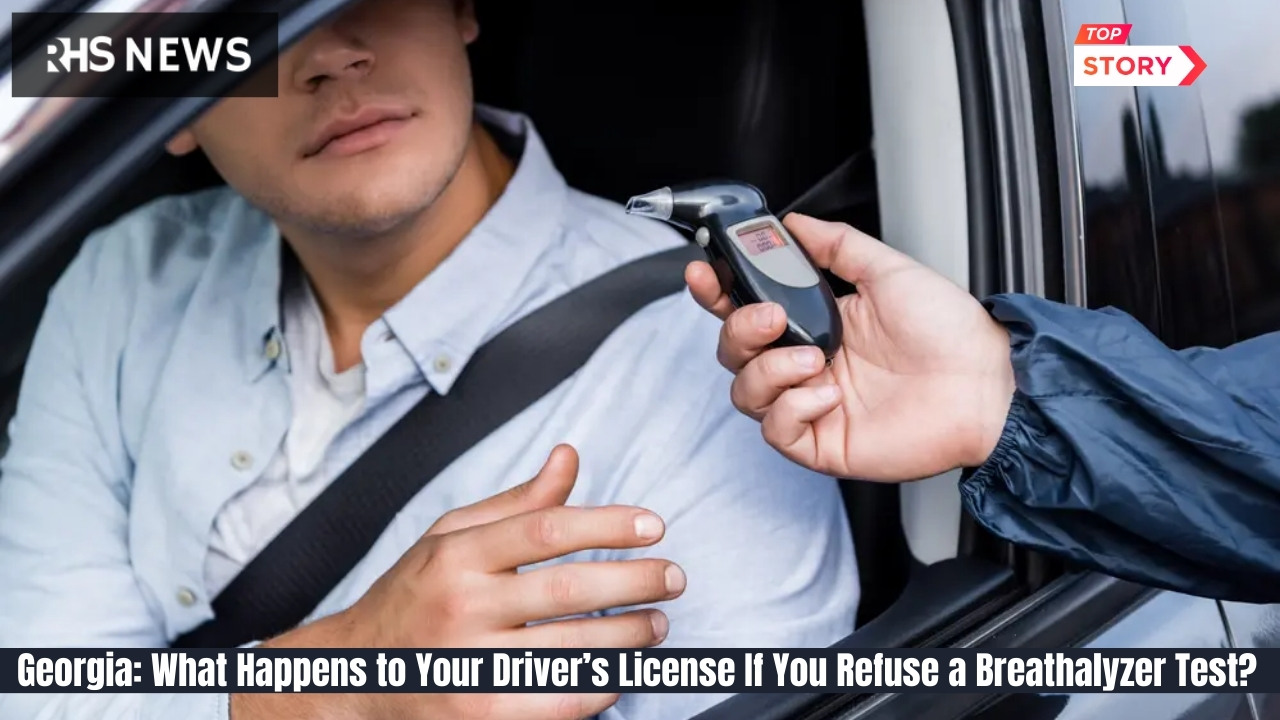
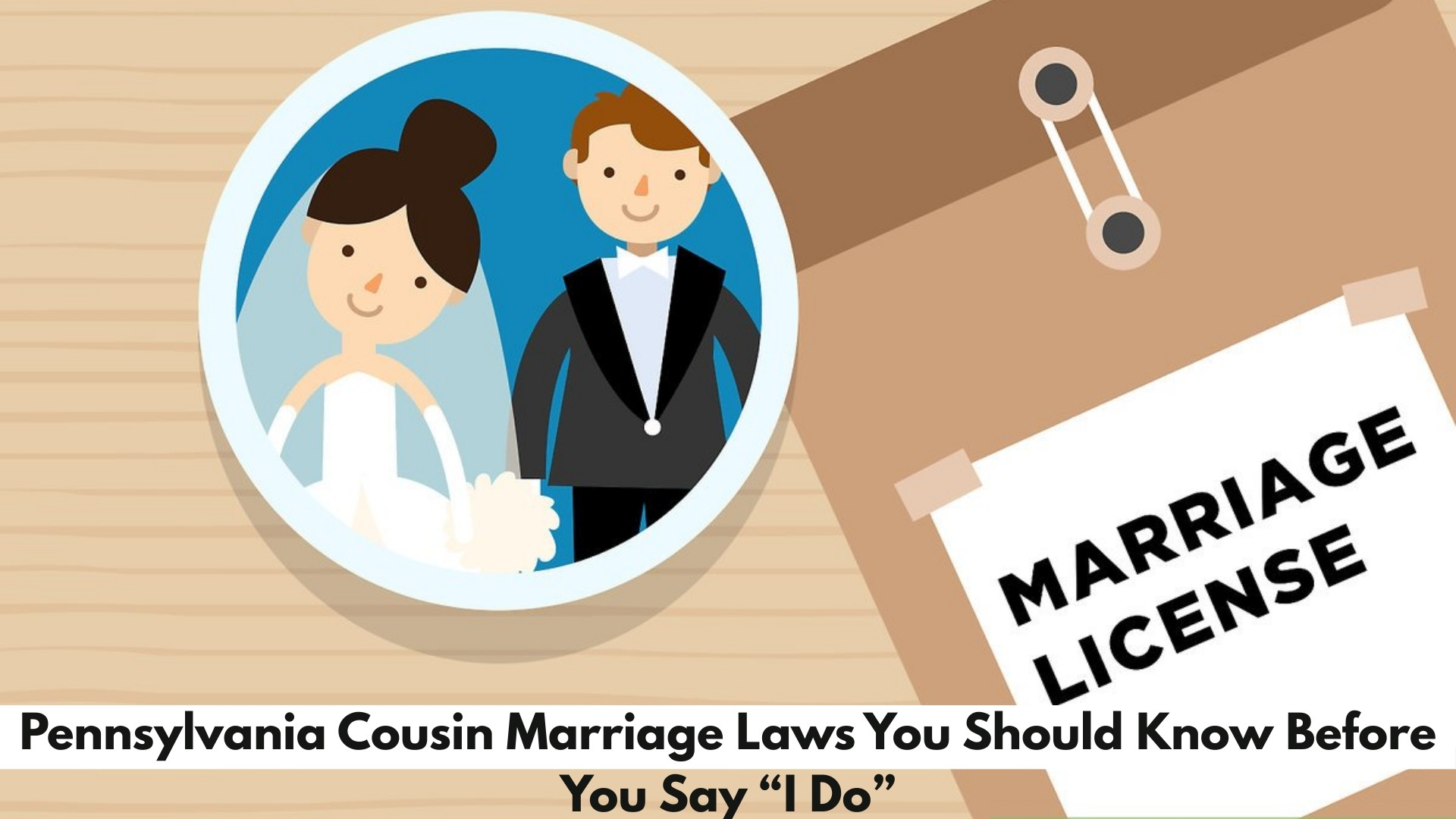


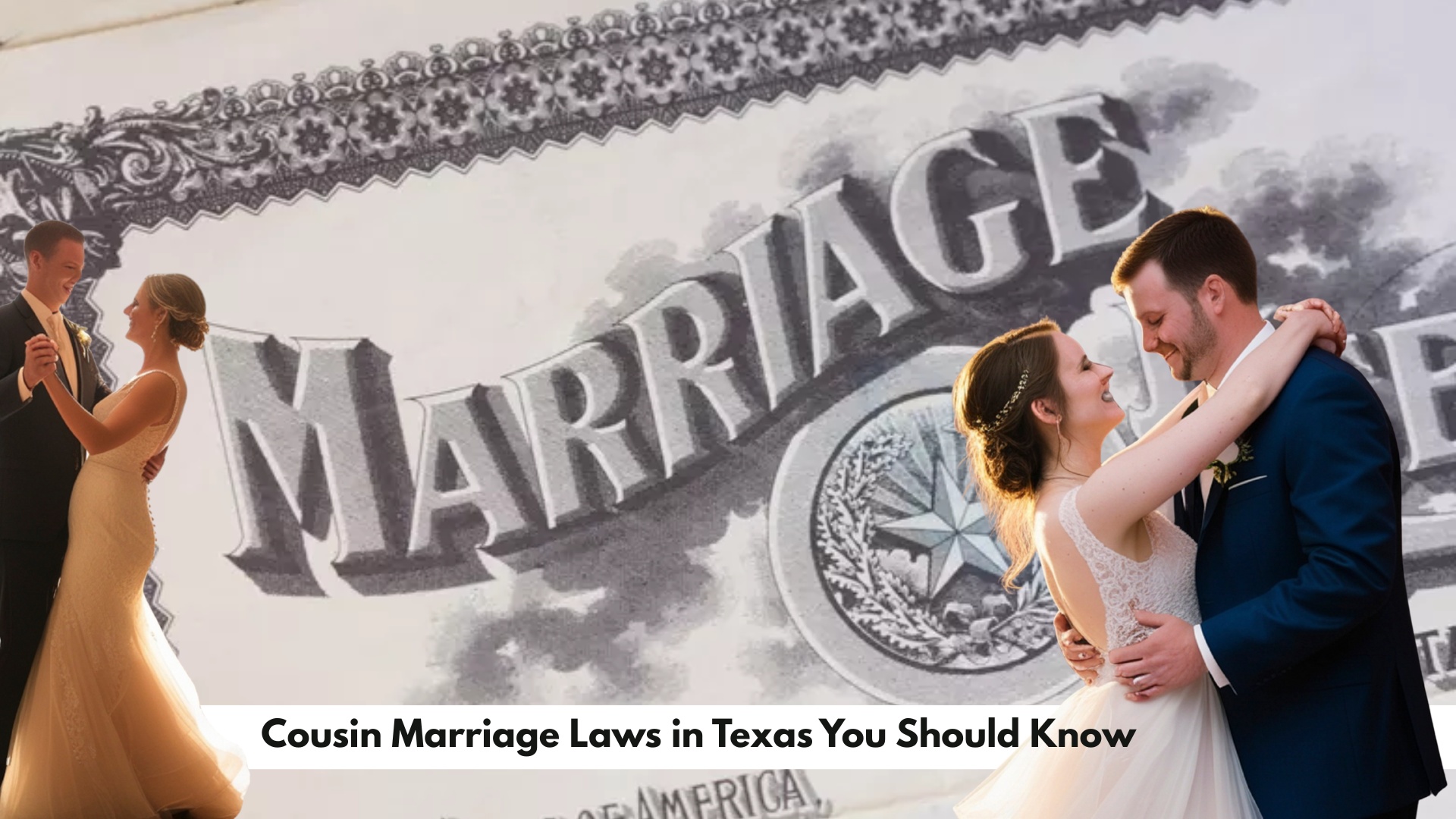

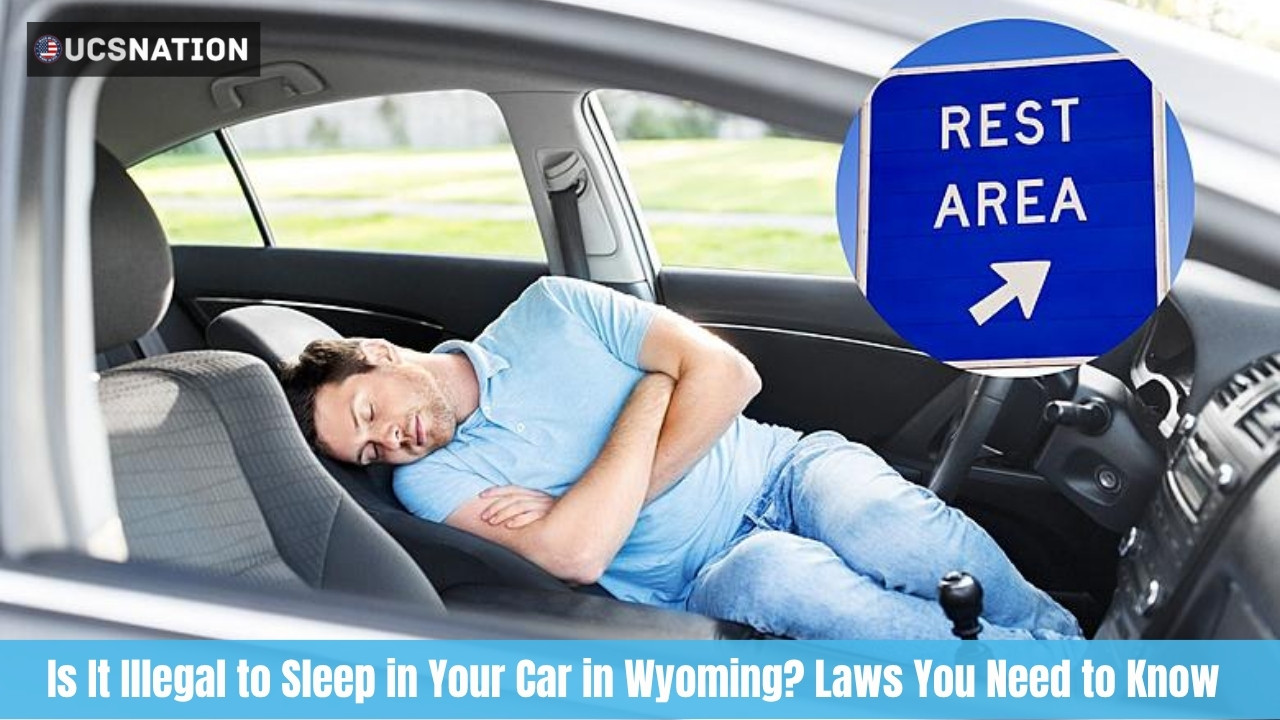
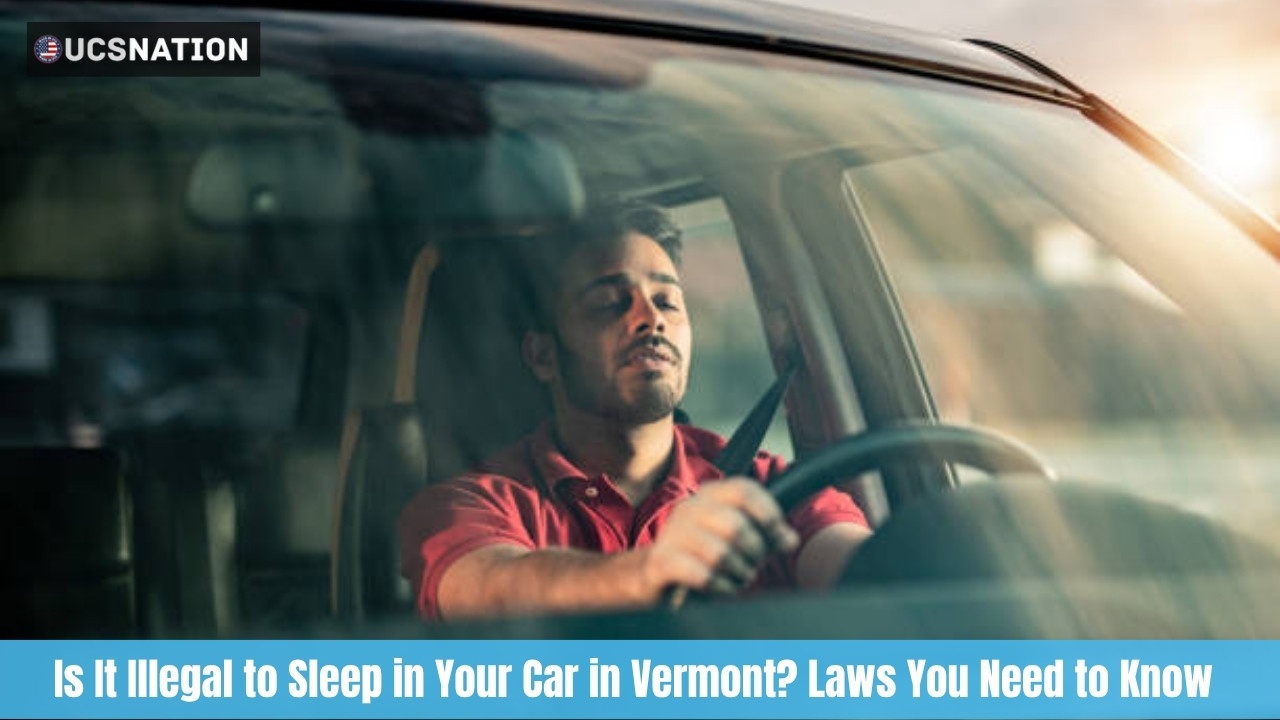
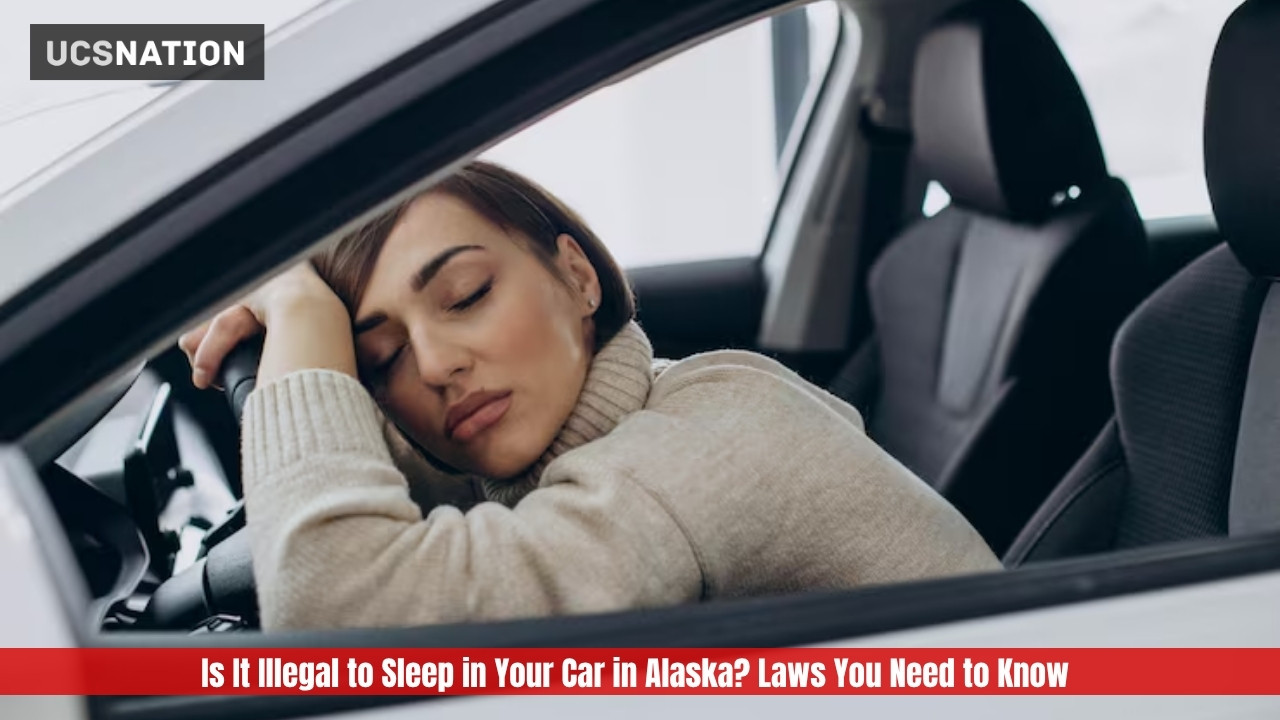
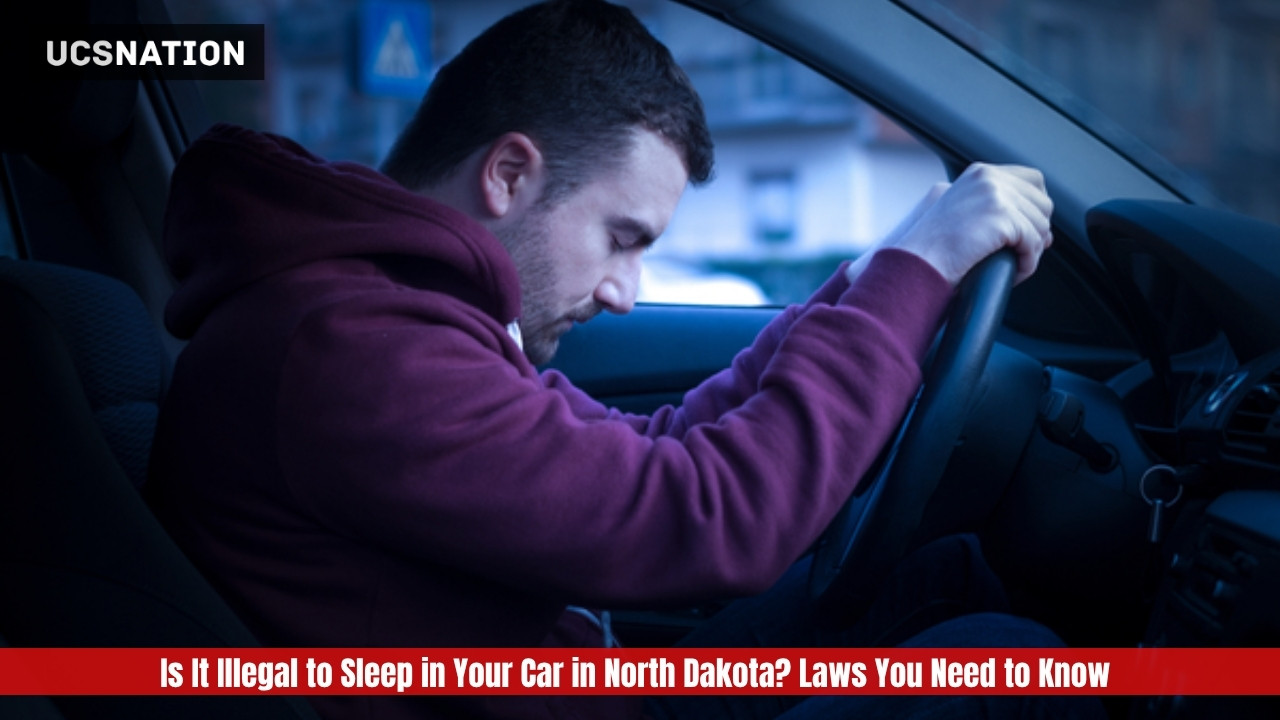
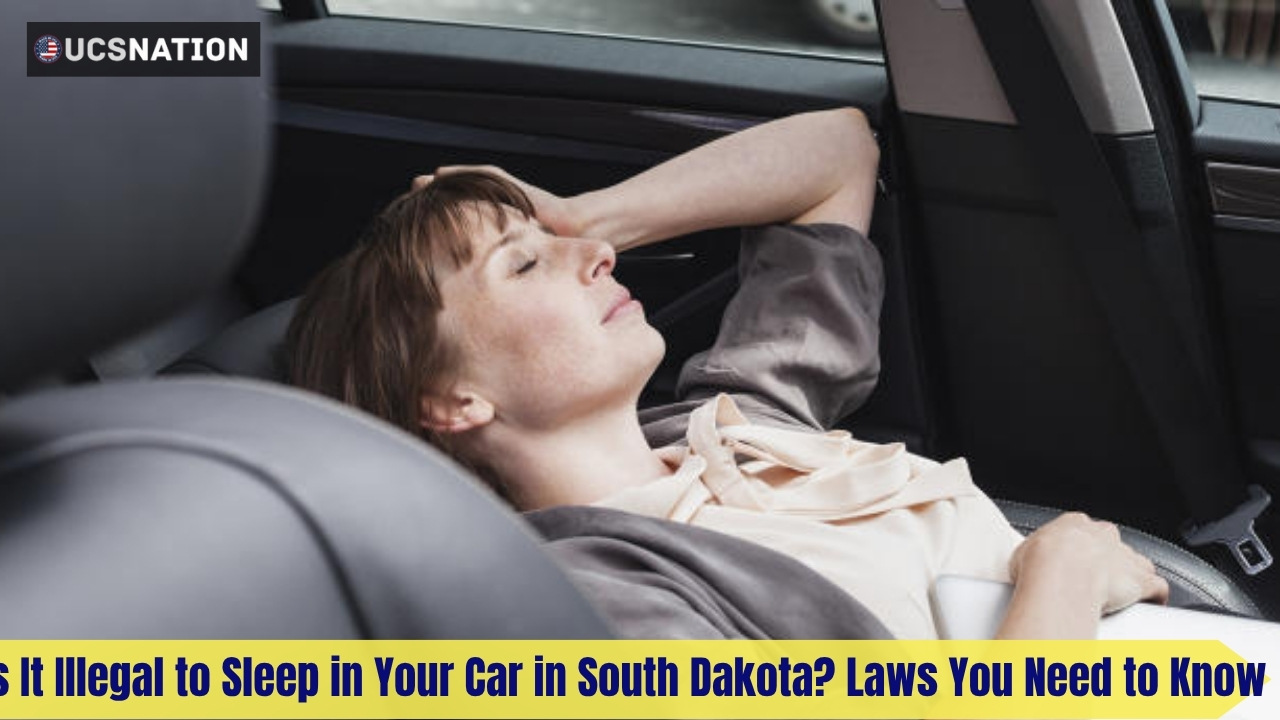




Leave a Reply